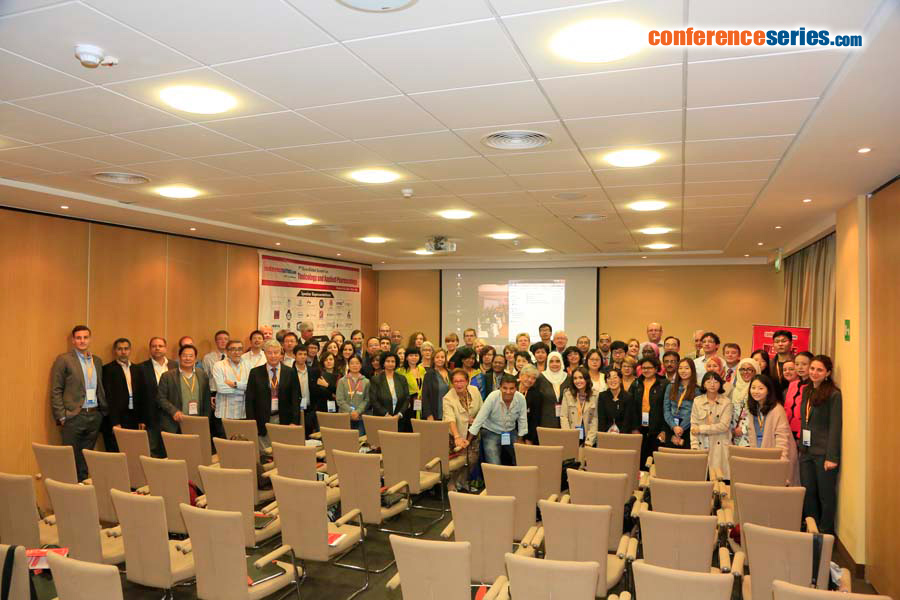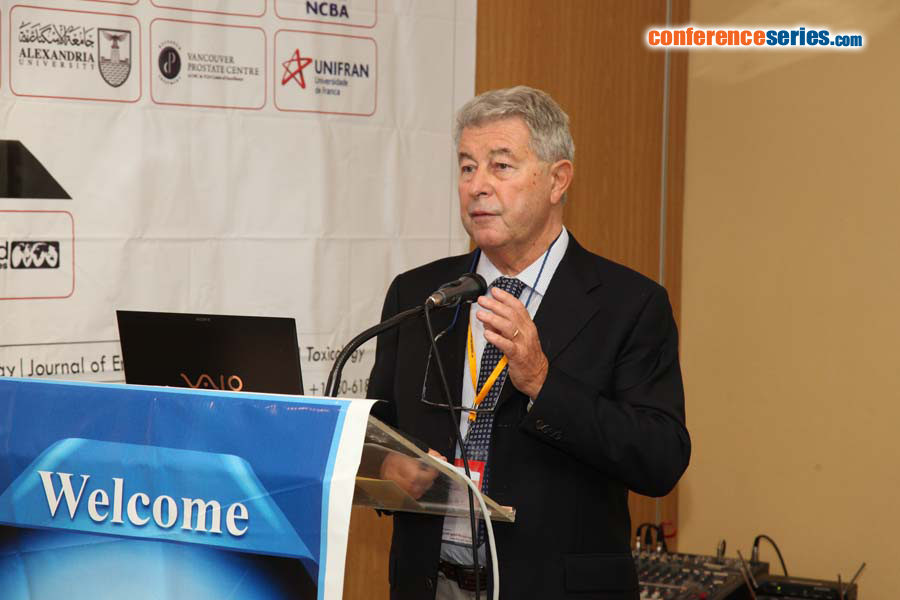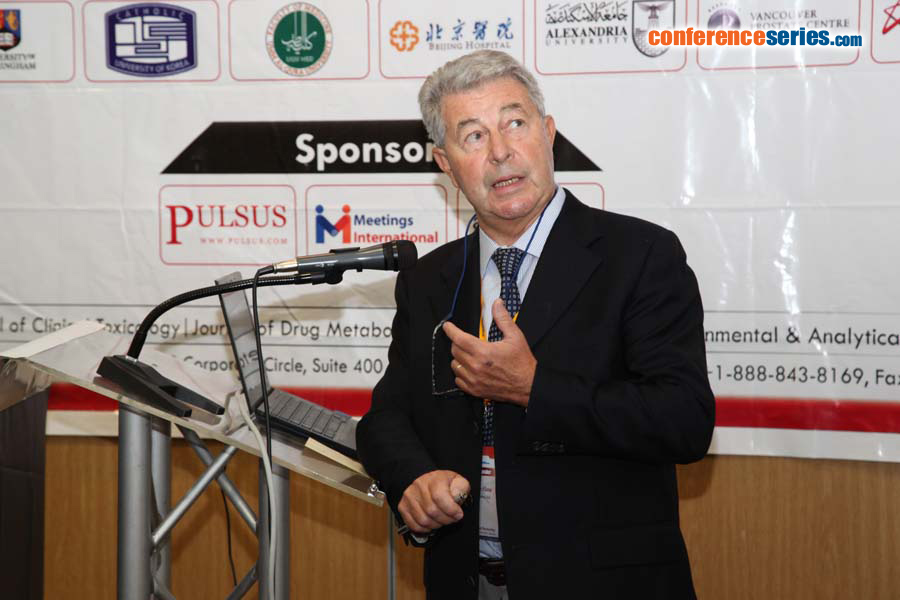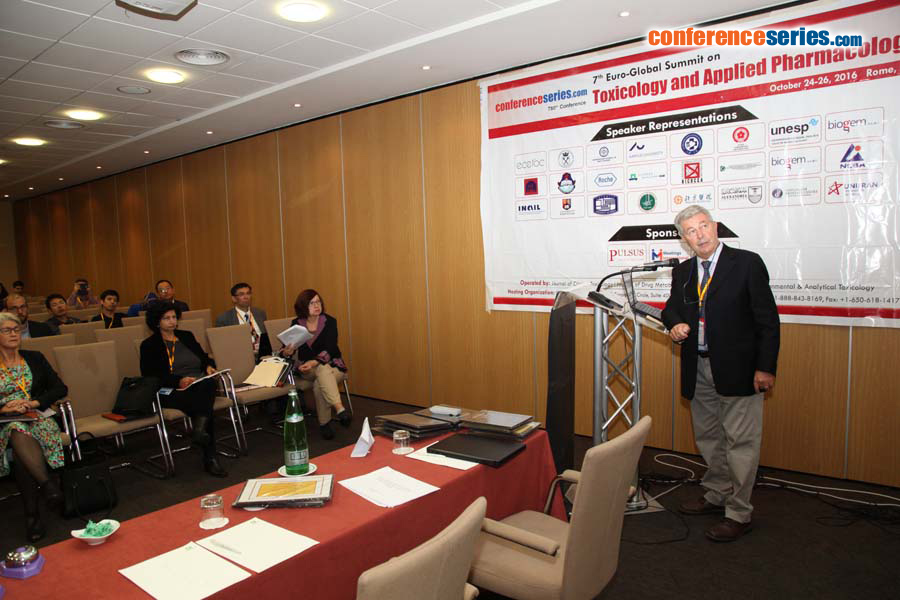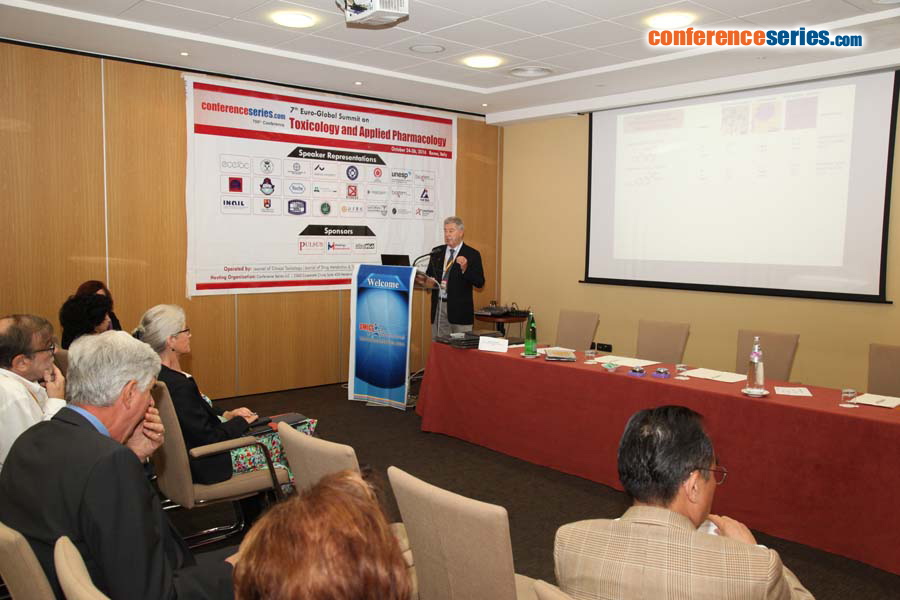
Silvio De Flora
University of Genoa, Italy
Title: Modulation of cigarette smoke lung carcinogenesis. The experimental background
Biography
Biography: Silvio De Flora
Abstract
Although cigarette smoke (CS) is recognized to play a dominant role in the epidemiology of lung cancer, cancer at other sites, and a variety of chronic degenerative diseases, it is difficult to reproduce its carcinogenicity in experimental test systems. We have developed an animal model that is suitable to detect the induction of lung tumours and other histopathological alterations induced by mainstream CS (MCS). This model, which involves the whole-body exposure of Swiss H mice to MCS during the first 4 months of life, followed by 3-4 months in filtered air, was validated by evaluating a number of dietary and pharmacological agents. The agents were administered orally, either individually or in combination, under conditions mimicking interventions either in current smokers or ex-smokers or even reproducing a transplacental chemoprevention. They included anti-inflammatory drugs, such as glucocorticoids (budesonide) and NSAIDs inhibiting COX-1, COX-2 and/or 5-LOH (celecoxib, aspirin, naproxen, licofelone), antidiabetic drugs (metformin, pioglitazone), antineoplastic agents (lapatinib, bexarotene, vorinostat), and natural products and dietary supplements (phenethyl isothiocyanate, myo-inositol, N-acetylcysteine, ascorbic acid, berry extracts). In addition, we evaluated a number of agents for the ability to affect molecular biomarkers in the same mouse model or in rats exposed either to MCS or to environmental CS (ECS). The results obtained provide evidence that experimental studies evaluating lung tumours and/or molecular alterations may be useful, together with epidemiological data, to assess modulation of lung carcinogenesis in smokers, to predict both safety and efficacy of putative lung cancer chemopreventive agents, and to explore their mechanisms of action.


